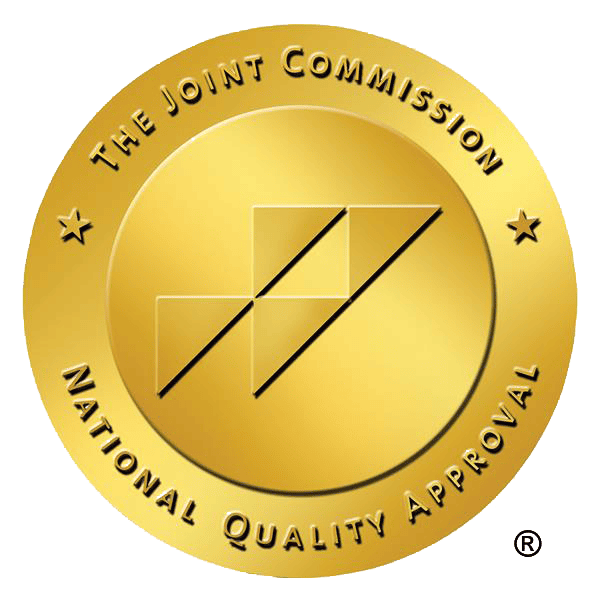Alcoholism is a chronic and potentially life-threatening disease that affects individuals who have developed a physical and psychological dependency on alcohol. This addiction can gradually take hold, causing significant harm to both the individual and their loved ones.
Recognizing the signs, effects, symptoms, and available detox options for alcoholism is crucial in helping those struggling with this condition find a path to recovery.
Defining Alcoholism
Alcoholism, also known as alcohol use disorder (AUD), is a chronic condition characterized by the inability to control or stop drinking despite the negative consequences it causes. It involves an intense craving for alcohol, loss of control over consumption, and physical dependence on alcohol to function normally.
Alcoholism is a progressive disease that can lead to severe health complications and disruption in various aspects of life, such as relationships, work, and mental well-being. It’s important to note that alcoholism is not solely based on how much a person drinks but also includes behaviors like binge drinking or experiencing withdrawal symptoms when trying to quit.
Warning Signs of Alcoholism
Various warning signs and symptoms may indicate an individual is struggling with alcoholism. These signs can manifest both physically and psychologically and include:
- Increased tolerance: Over time, individuals may require larger amounts of alcohol to achieve the desired effect.
- Failed attempts to cut down or control drinking: Persistent efforts to reduce or stop drinking prove unsuccessful.
- Cravings and withdrawal symptoms: Strong urges for alcohol accompanied by physical symptoms like shaking, sweating, nausea, and anxiety when attempting to refrain from drinking.
- Neglecting responsibilities: Prioritizing alcohol consumption over important obligations such as work, school, or family.
- Continued use despite negative consequences: Despite experiencing problems in interpersonal relationships or legal issues due to their drinking habits, individuals continue consuming alcohol excessively.
- Hiding or lying about drinking habits: Engaging in secretive behaviors regarding their consumption patterns.
Mental Effects of Alcohol Abuse
Alcohol abuse can have significant mental effects, impacting short-term and long-term cognitive function. Alcohol affects the decision-making process, leading to impaired judgment, engaging in risky behaviors, or making poor choices.
Next, excessive alcohol consumption can interfere with memory formation and recall, resulting in blackouts or gaps in memories. Regular and heavy drinking can impair cognitive abilities such as attention span, problem-solving skills, and overall intellectual functioning.
Additionally, alcohol is a depressant that initially temporarily relieves anxiety or depression for some individuals. However, prolonged use can exacerbate these conditions over time. Furthermore, individuals who abuse alcohol are at a higher risk of developing mental health disorders such as depression, anxiety disorders, bipolar disorder, and even psychosis.
Physical Effects of Alcohol Abuse
Alcohol abuse can also have a detrimental impact on the body, leading to various physical effects. Excessive alcohol consumption significantly strains the liver and can lead to fatty liver, alcoholic hepatitis, fibrosis, and cirrhosis. Frequent alcohol use irritates the digestive system, causing problems like gastritis (inflammation of the stomach lining), ulcers, acid reflux, and an increased risk of gastrointestinal cancers.
Over time, excessive drinking may increase blood pressure and heart rate while contributing to heart diseases such as cardiomyopathy (weakening of heart muscles) or arrhythmias. Chronic alcohol abuse weakens the immune system’s ability to fight off infections and makes individuals more susceptible to illnesses like pneumonia or other respiratory infections.
Prolonged alcohol abuse can cause neurological impairments such as peripheral neuropathy (nerve damage resulting in numbness or pain), alcoholic dementia (memory loss and cognitive deficits), or Wernicke-Korsakoff syndrome (a severe form of memory impairment). Lastly, long-term heavy drinking raises the likelihood of developing certain cancers, such as liver, lung, and breast cancer.
Emotional Effects of Alcohol Abuse
Alcoholism profoundly affects individuals, impacting their overall mental well-being and emotional stability. Alcohol abuse is often associated with a higher prevalence of mood disorders such as depression and anxiety. Individuals may experience intense sadness, hopelessness, irritability, or persistent worrying.
Excessive alcohol consumption can impair judgment and impulse control, increasing the likelihood of aggressive or risky behavior or outbursts. In addition, alcohol abuse may result in heightened emotional volatility, causing frequent mood swings and difficulty regulating emotions.
The impact of alcohol abuse on various areas of life can also lead to low self-esteem, feelings of guilt, shame, worthlessness, or negative self-image. Frequent alcohol use often leads to isolation and strained relationships with family members, friends, or romantic partners.
Alcohol Withdrawal
Alcohol withdrawal refers to the physical and psychological symptoms that occur when an individual abruptly stops or significantly reduces their alcohol consumption after prolonged and heavy drinking.
Withdrawal symptoms can range from mild to severe and may vary depending on factors such as the duration of alcohol abuse, the amount consumed, and an individual’s overall health.
Common signs and symptoms of alcohol withdrawal include:
- Tremors
- Sweating
- Nausea and vomiting
- Anxiety and irritability
- Insomnia
- Headaches
- Increased heart rate
- Hallucinations
- Delirium Tremens (DTs).
- Seizures
It is essential for individuals experiencing alcohol withdrawal to seek medical attention due to potential complications associated with severe and life-threatening withdrawal symptoms like DTs.
Alcohol Detox
Medically supervised alcohol detox is when an individual safely and systematically withdraws from alcohol. Supervised detox helps manage and alleviate the physical and psychological symptoms associated with withdrawal while ensuring the individual’s safety with 24/7 monitoring and support.
Start a New Life Free from Alcohol in Austin, TX
Take the first step towards a new life free from alcohol addiction at Joint Commission-accredited Prairie Recovery Center in Austin, TX. We offer caring, compassionate, and comprehensive treatment and support tailored to your individual needs. Don’t wait any longer to embark on your journey towards a healthier, happier future.
Contact us today.






